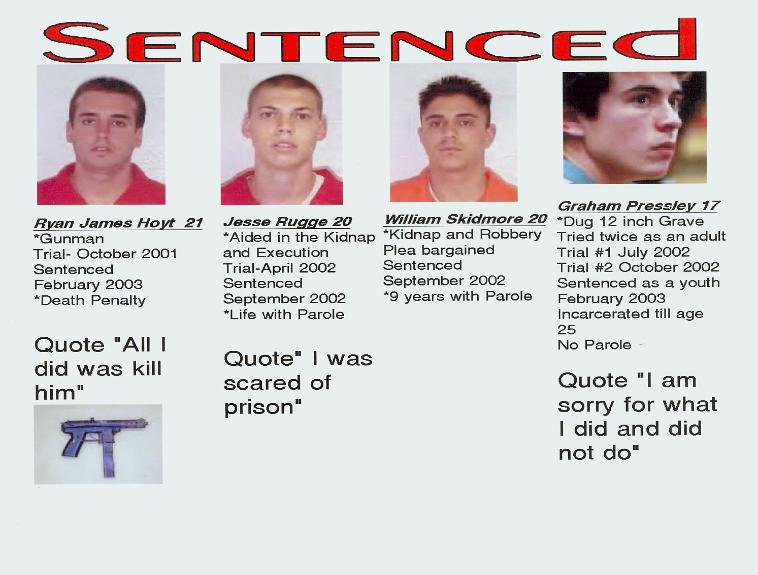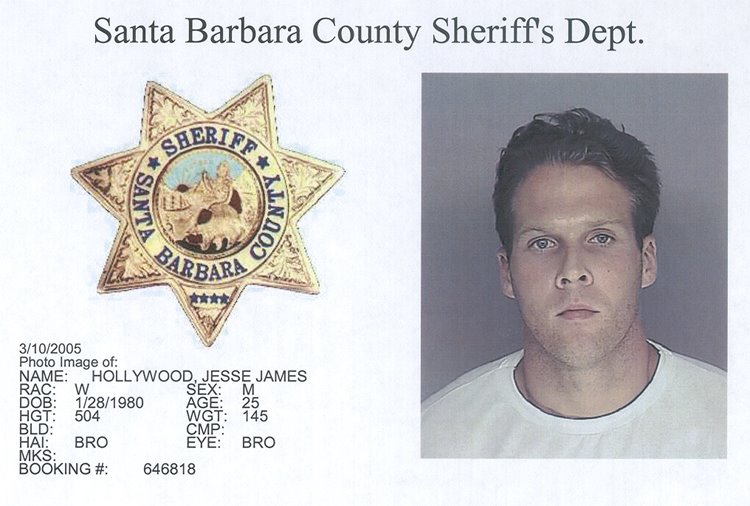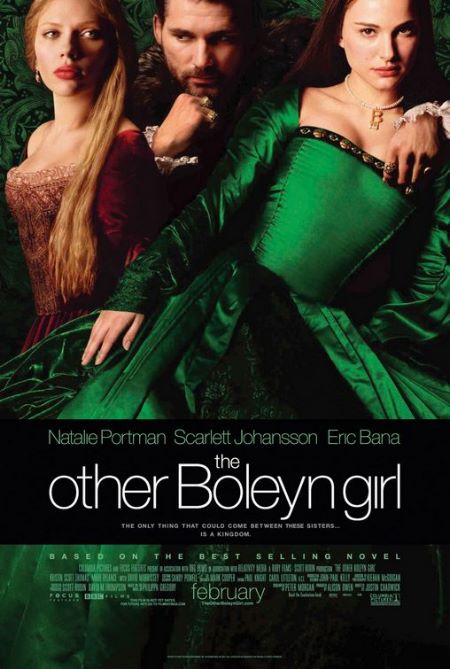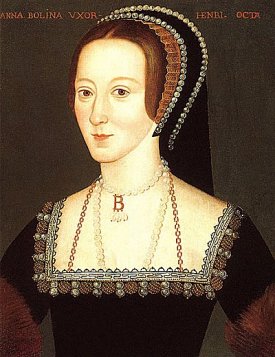Jesse James Hollywood was a rich man. He lived on a street in the San Fernando Valley where people drove Mercedes, Porches, Maserati and Beemers. Hollywood fit right in with his neighbors with the millions he was making by the age of 19 all thanks to marijuana.
In 2007, a film based on Hollywood's story called "Alpha Dog," was released. Before I get into the story, I should let you know that the characters' name in the movie was changed due to legal purposes. Just so I don't ruin the movie, I'm just going to share the true story of what Alpha Dog was based on. When you watch the movie, you'll know the real names behind the pseudonyms.

Hollywood was feared and respected to a certain point by his "posse," those who dealt drugs for him, those who partnered up to do business with him, and those who owed him money for coming up short at the end of a business cycle. People believed Hollywood's bad boy image and feared not only that they were going to hated by Hollywood, but that Hollywood's father, Jack, would come after them as well. Jack Hollywood was also a wealthy man. Though he had a legitimate career, Jesse was thought to have gotten his drug supplies from his father, a man also to be feared by many.
Hollywood was well-known within his residential community. Neighbors knew that there were illegal activities in Hollywood's house, but no one ever reported. Even with cars pulling up to the house day and night or with the loud parties filled with music and laughter, no one ever called the police on them. Seems awfully strange, but maybe that shows the degree of how neighbors didn't want to get involved in what they saw was a dangerous man.
Hollywood became the headline, not only nationally, but globally. He was wanted for kidnapping and killing 15-year-old Nicholas Markowitz. Nick's older step-brother, Ben, was one of the few who worked for Hollywood and did not fear him. Ben would often come up short with money and was unable to pay Hollywood with the supply of marijuana given to him. Instead of apologizing to Hollywood, Ben would mouth off when Hollywood harassed him for the money. Words soon turned into physical violence.
Hollywood began looking over his shoulders the day after Ben Markowitz vandalized his house, breaking every glass there was and taking whatever was valuable to them. Some believed that Hollywood was all act and when it came to Ben, Hollywood would himself to be the one fearing for his life.
Nick Markowitz was abducted by Hollywood and a couple of other guys one day when he was walking on the streets. Hollywood wanted revenge on what was done to his house, so he saw a chance to get back at Ben by stealing Nick. Nick didn't care and was given several chance to get on the bus to go home, but he never took that chance. He thought he was doing his brother a favor, not to mention, he was having the time of his life. For three days, Nick was partying with an older group, drinking, smoking, playing video games and having sex. It's was a change away from his clingy mother that Nick had been wishing for.
The gang treated him well. Most of the time, Hollywood wasn't even in sight. He was afraid of being seen with Nick and knew that he would get in trouble for it. So most of the time, Nick stayed with Jesse Rugge. Rugge grew fond of the boy and was happy when Hollywood told him that they were sending Nick home. Earlier that day, Hollywood explained a hypothetical situation to Rugge that if Rugge was to kill the boy, Hollywood would give him money and everyone would be free from trouble and prison. When Rugge refused, Hollywood laughed off the "hypothetical situation" he was thrown at Rugge and hired Ryan Hoyt to be the hit man.
Hoyt was known as Hollywood's servant because Hoyt had owed so much money to Hollywood. Hollywood told Hoyt that his debt would be paid off if he would kill Nick for him. Hoyt took the job and on August 9, 2000, Nick was told he was going home, but instead brought up to San Padre National Forest by Hoyt, Rugge and Graham Pressley. Pressley stayed in the car while Hoyt and Rugge drugged up the boy and took him to a shallow grave Hoyt had dug earlier that night. The two men taped Nick up, knocked him out with a shovel and put nine bullets in his body with a semi-automatic.
Nick's body was found days later by hikers and Hollywood was on the run for years. America's Most Wanted broadcasted this story during Hollywood's wanted years. Investigators and police from several countries worked together to find this notorious criminal. Hollywood was found in 2005 in Brazil, living under an alias with his girlfriend and their unborn child.
 Alpha Dog was a distrubing movie and there's no doubt in my mind that the horrific events actually took place. There was no ghosts or demons involved, and that's what makes it so scary, that human beings who live among us are committing these terrifying acts. This movie is definitely not reccmmended for children. Even I had a hard time watching it because it was graphic.
Alpha Dog was a distrubing movie and there's no doubt in my mind that the horrific events actually took place. There was no ghosts or demons involved, and that's what makes it so scary, that human beings who live among us are committing these terrifying acts. This movie is definitely not reccmmended for children. Even I had a hard time watching it because it was graphic.















